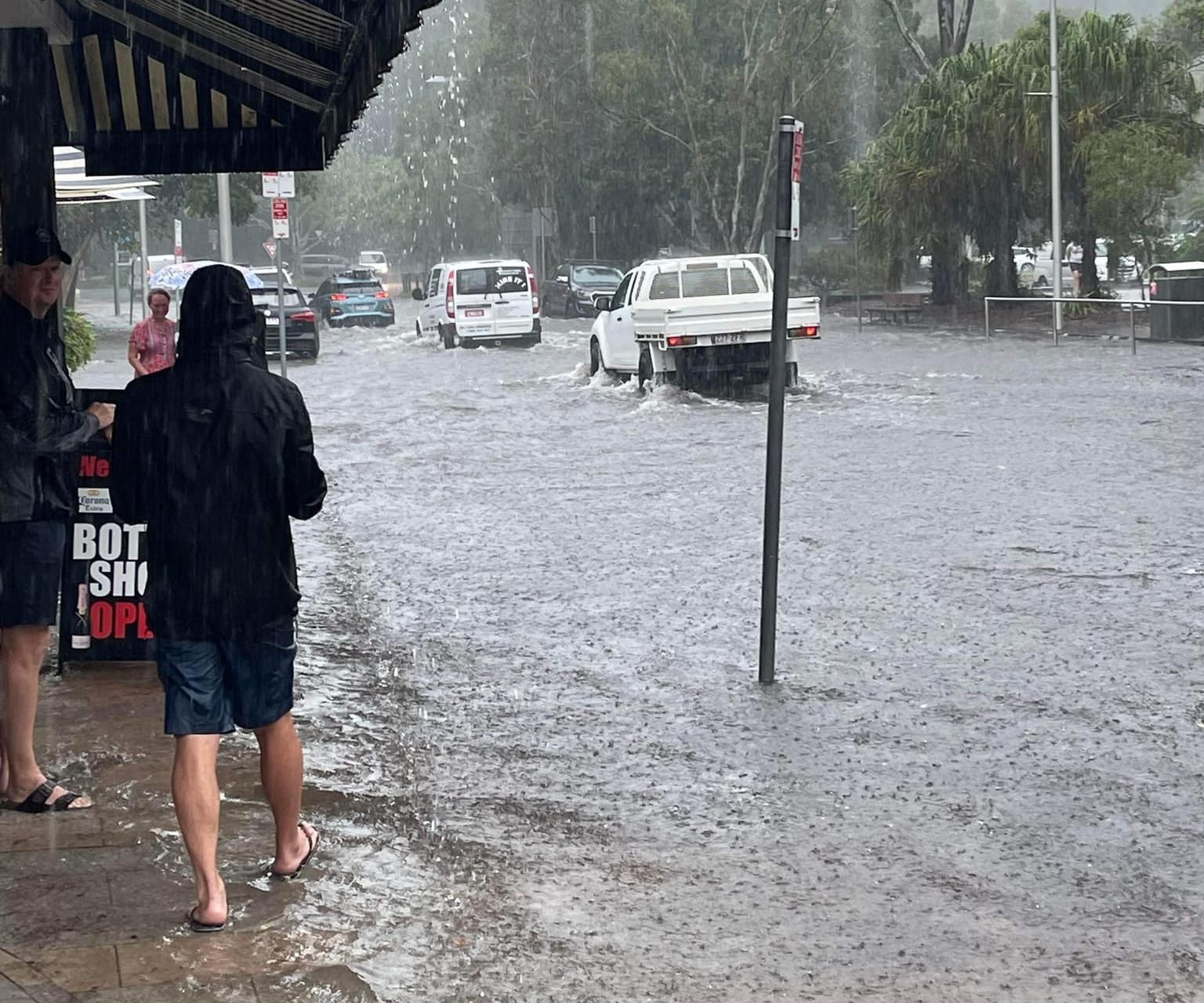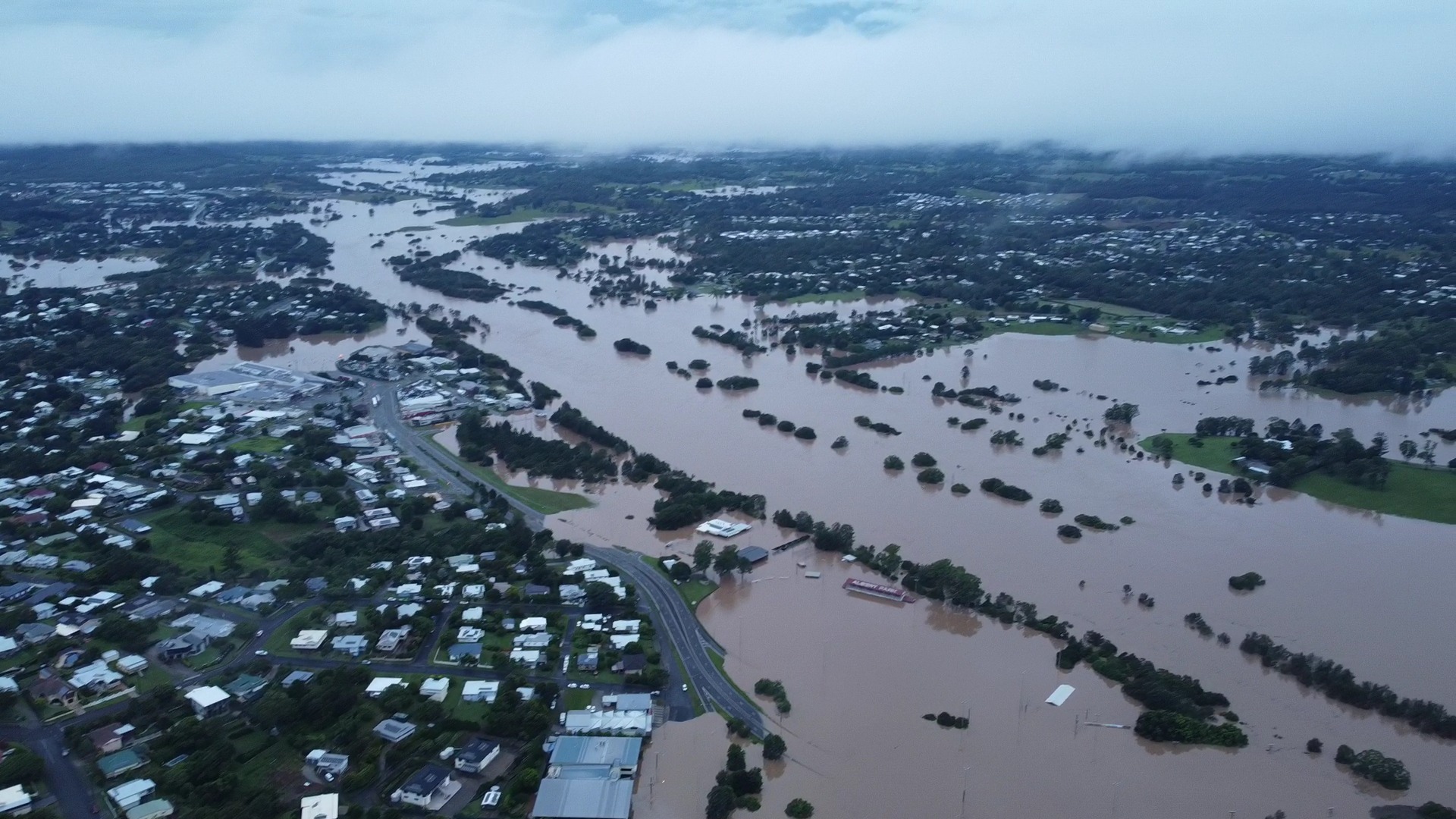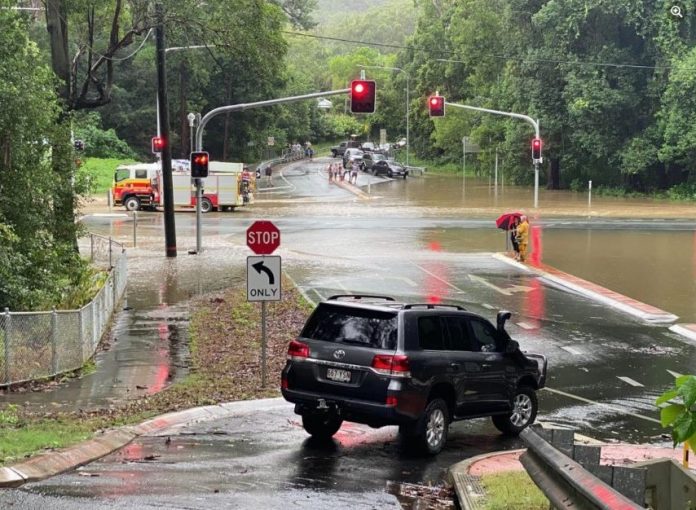This time last year, Australia’s east coast was experiencing one of the most significant natural disasters on record.
Queensland’s recovery operations from the 2021-22 natural disaster season are still continuing, with an estimated reconstruction bill now exceeding $4.2 billion.
This amounts to one of the costliest recoveries in Queensland’s history, in response to nine devastating disaster events that hit the Sunshine State between November 2021 and May 2022, impacting 66 of Queensland’s 77 local government areas.
The largest of these was the ‘rain bomb’ over South-East Queensland in late February, which saw the wettest six-day period in recorded history, while the Mary River in Gympie peaked at almost 23 metres, breaking records that had stood for a century.
Related story: Savage blow: 90 km/h winds, storms as 445mm descends
But the economic cost is only a small part of the true cost.
Stories have emerged of families keeping children home from school when it rains in disaster-ravaged areas, in fear of being separated by floods.
Some children in NSW Northern Rivers schools who once loved the sound of rain now hate it and become agitated and disruptive when they hear a downpour.
Young students in Queensland’s southeast will ask their teachers “is nanna’s house going to be OK?” or “will it flood again?”.
Unicef Australia and Royal Far West, a charity that works to improve the wellbeing of rural kids, heard these stories from school communities as part of a program to better understand the needs of children after disasters.

Students who lived through the east coast floods variously regressed, became very clingy, had nightmares and sleep problems, relived trauma through games and drawings, cried easily and took on their parent’s stress and anxiety, according to the organisations’ report.
Many families in both states lived in unsafe and insecure housing, including tents and caravans, or moved between different forms of accommodation up to eight times.
In light of the findings, Royal Far West is providing a post-disaster wellbeing program for children under 12 at 30 schools and pre-schools across both states later in the term, funded by the federal health department.
“We know there is a lack of mental health services available in these flood-affected communities and are keen to get out into these communities to make an impact,” the charity’s chief executive Jacqueline Emery said.
The report also found Indigenous children and those from lower-socio economic backgrounds were badly affected by housing shortages after the floods.
The floods damaged or destroyed many safe play spaces such as skate parks and pools, leaving children feeling disengaged and bored.
Young people felt deep grief and trauma over the loss of pets including one Queensland girl who watched her horse float away.
“Children’s voices are important and should play an essential role in helping shape policies and programs which affect them,” the report said.

“To make disaster planning and recovery more effective it must include the perspective, experiences, and needs of children.”
Teachers reported going beyond their usual duties by delivering education packs to students’ homes, providing breakfast and lunch to families who couldn’t afford food and extending extra emotional and social support.
Some suffered vicarious trauma and felt pressure to “be OK” for their students.
“Children will continue to feel the impact over the coming months and years,” the report said.
“Children, caregivers, and community members have displayed a range of responses because of their experiences of the flooding, and require support to build their resilience and recover.”
SUBSCRIBE here now for our FREE news feed, direct to your inbox daily.
Federal Minister for Emergency Management Murray Watt said the scale of damage from these disaster events was extraordinary, with homes, businesses and communities severely impacted – some of them multiple times.
“Among these nine disasters, southern regions experienced four consecutive widespread major floods, which caused a level of destruction not seen since the floods of 2011,” Mr Watt said.
“Areas from Maryborough and Gympie, west to Goondiwindi and south to the Gold Coast saw extremely heavy falls that broke multiple rainfall records.
“Local emergency service workers and volunteers were called on time and again to protect their communities – I thank them for all they continue to do.
“These events remain very raw for Queenslanders, especially those who lost loved ones, lost their homes, and lost their businesses. We know the effects of these floods will be felt for a long time and I would encourage anyone who is having a hard time to seek professional support.”





